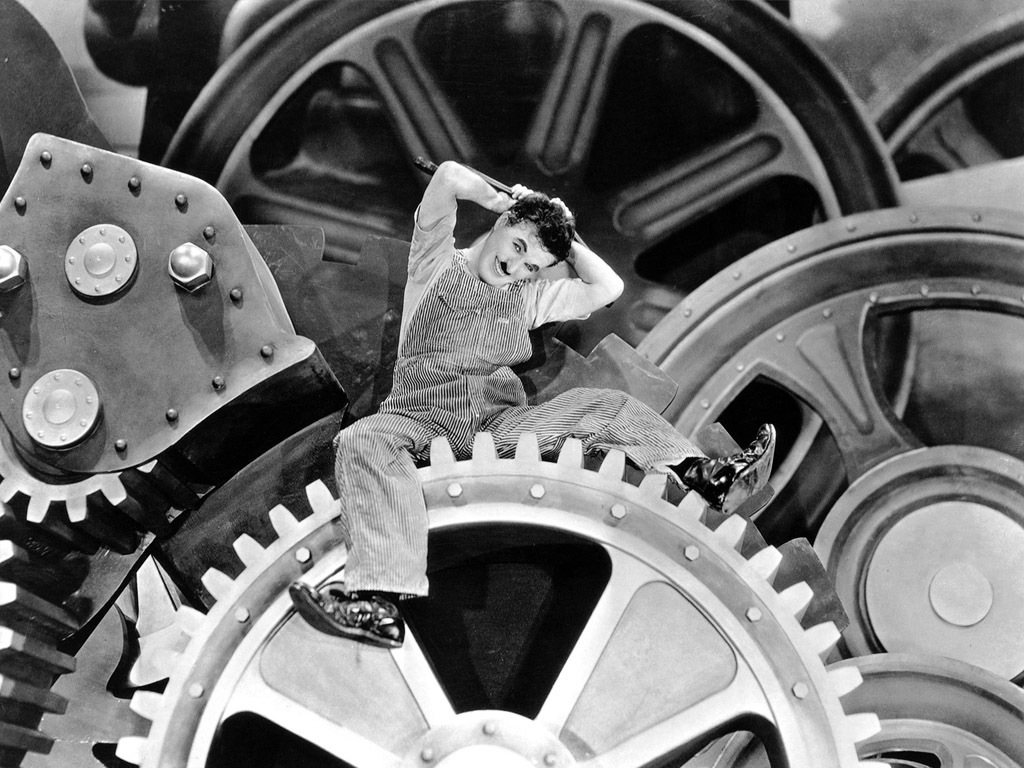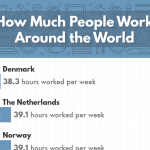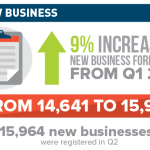 Recently the The Economist published an article in their Buttonwood column denouncing the claims about the end of capitalism with ravaging examples of its resurgence via online business models of enterprises such as Etsy, Airbnb, Google and so on. I have long suspected the venerable journalistic news source to be a mouthpiece of capitalistic agendas but this one does it for me and I believe so now as a matter of fact. The article piece is not very convincing in its arguments about employment and makes faulty assumptions just to prove a point that capitalism is the ideal economic system for modern world. While observing the evolving situation with job market, financial insecurity and working conditions, the article provides no resolution for the improvement of any of it. It can be comprehended from the article that world will keep getting more competitive and people will have lesser opportunities but I don’t understand why would anyone argue the merits of a system that clearly fails to improve the lives of the majority of people in the world.
Recently the The Economist published an article in their Buttonwood column denouncing the claims about the end of capitalism with ravaging examples of its resurgence via online business models of enterprises such as Etsy, Airbnb, Google and so on. I have long suspected the venerable journalistic news source to be a mouthpiece of capitalistic agendas but this one does it for me and I believe so now as a matter of fact. The article piece is not very convincing in its arguments about employment and makes faulty assumptions just to prove a point that capitalism is the ideal economic system for modern world. While observing the evolving situation with job market, financial insecurity and working conditions, the article provides no resolution for the improvement of any of it. It can be comprehended from the article that world will keep getting more competitive and people will have lesser opportunities but I don’t understand why would anyone argue the merits of a system that clearly fails to improve the lives of the majority of people in the world.
One major deliberate error committed by the author of the article, Philip Coggan (who is the Buttonwood columnist of The Economist) is that he generalizes all new world businesses as capitalistic. Just monetizing a business doesn’t mean it’s capitalistic nor does earning profits essentially makes a business integral to capitalism. It is like equating a soup kitchen to a restaurant because they both have the same function of serving food to strangers. However as far as the business examples in the article go, it is true that they are all ultimately capitalistic, but that’s because they are all born in a capitalistic society.
Even governments make profits in transactions but are not necessarily capitalistic in nature. The motivations to earn profits differ from business to business and ultimately it is how those profits are utilized defines whether it’s capitalistic or not. The evil of capitalism lies in the corrupt morals of those profiteering. To suggest that it is in the blood or genes of a person to become rich is one such aspect. Many large business families treat it almost as their birthright to enjoy the privileges that money brings while forgetting the contribution of those without whom they would not be able to run their empire. This is the same kind of thinking that made kings and despots rule the lands with a divine decree. Quite certainly such hunger for power attracts morally ambiguous individuals who are not so privileged, to try and become a member of an elite society so that they can enjoy that power. This kind of system of motivation can then be blamed for all the evils in the society since there is no single way defined to achieve success and certainly not an easy one that goes with honesty.
Philip argues that the internet has killed many business models by reducing the price of information but it encourages new business models that replace traditional businesses that are again capitalistic.
While it’s partially true that new corporate houses like Google and Facebook are no altruistic businesses but it can’t be denied that these businesses operate with much more transparency and caution compared to traditional businesses which were self assured about their market standing. Modern business models are much more answerable to the people. They have to care more about public perception. They have to factor in social aspects.
Millennial businesses, no matter how deep their pockets are, realize that monopolies are way harder to create and maintain. Also, the lifespans of modern businesses are much shorter so they need to constantly innovate and contribute socially to stay in the game. In economics we talk about market forces. One of the major market force is information which Phillip downplays in his article on The Economist. It’s not enough to know that internet has ruined traditional businesses because information is more freely available. We have to understand why. Capitalism is an economy of the ignorant. This is why media was invented to keep people distracted with propaganda laced entertainment so that they don’t question the policies and capitalists keep doing their things in silence. I feel Philip Coggan still belongs to that school of economics where status quo was a big deal. He should realize that in a world where people are more aware, it is hard to operate with purely capitalistic intent. That’s what internet has done. Made people aware (no wonder why the big bosses are so hell bent on destroying net neutrality).
In the efforts to put forward a positive outlook to capitalistic influences which clearly work in favour of big multinational businesses rather than small local enterprises, the columnist from The Economist completely ignores the rapid obsolescence of skill in both production and services. The fact that Luddite fallacy doesn’t work and more people will be out of jobs faster than ever, never figures in this article. This video just sums up how automation and technological development is replacing skills. I would like to know how Philip Coggan will factor this in his scheme of things.
The title of Philip’s article sounds so celebratory in his own deluded self satisfaction to see capitalism advance. It’s true that in modern economy much more people are likely to be self-employed and that saves the governments from giving out pensions. If you are so elated about the idea that people will not have to be paid pensions anymore because everyone will be self-employed and as a result left on their own to compete with every other individual on Earth with no job security, then you are just a sadistic person. No more appointment letters, health covers, maternity leaves, obligatory promotions and pay rises because its ‘gig’ economy! You can’t finish your work because your son fell down from stairs? No problems, there’s always some guy in India willing to do your work for half the money. More for the rich, right? We already live in that kind of world don’t we Mr. Coggan? Don’t worry I’ll let you keep your job.
This is purely a personal opinion. My intention is to only critique the perspectives put forward in The Economist column on 8th August. Let me know if you agree or disagree with me in your comments below.
Written by Koustubh Bhattacharya
Latest posts by TLB bureau (see all)
- The matter of personality rights in world of deep fakes - January 26, 2024
- Elevate Your Business Success with Essential Strategies for Today’s Market - January 13, 2024
- Implementing Microservices With FastAPI In Python - December 25, 2023














